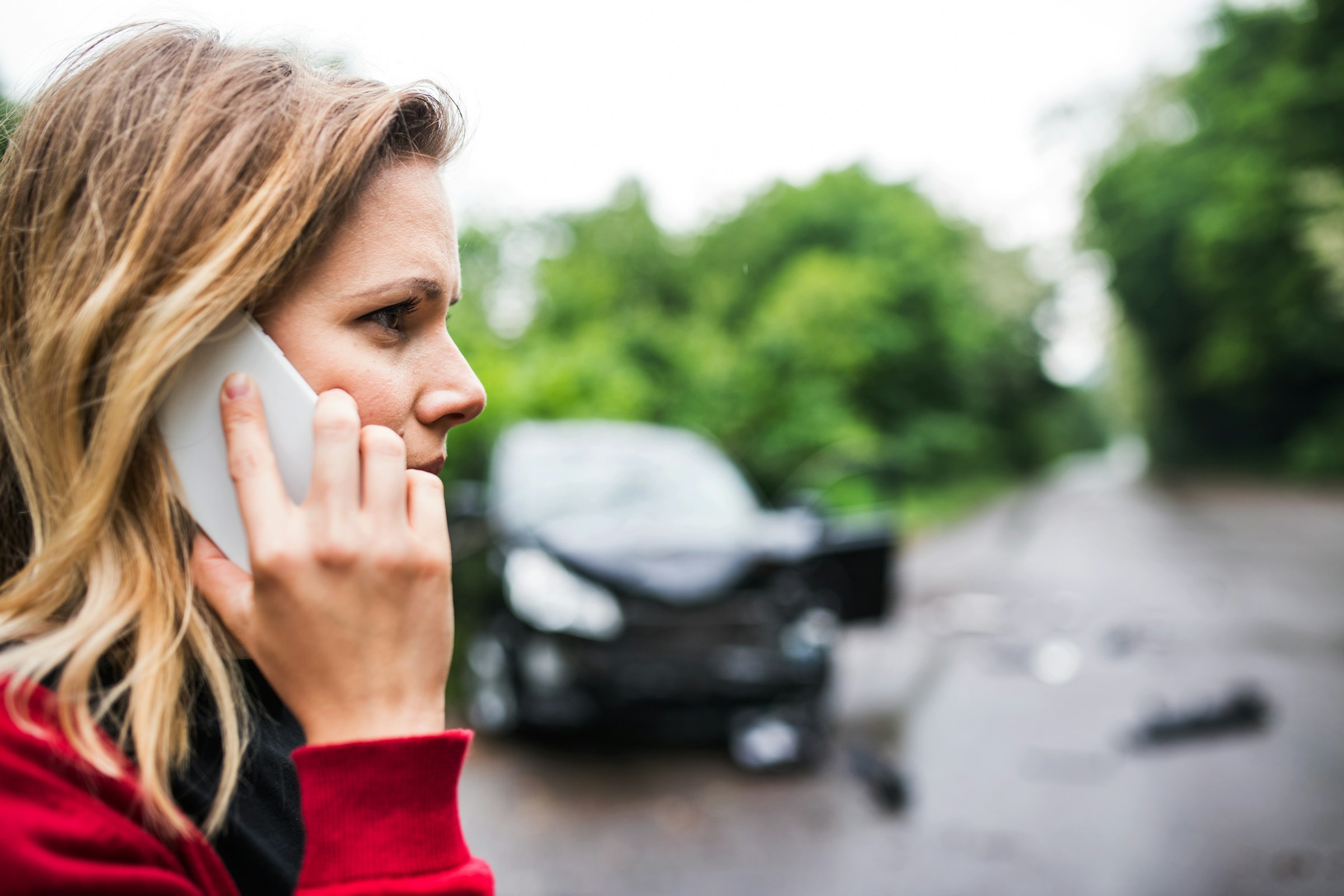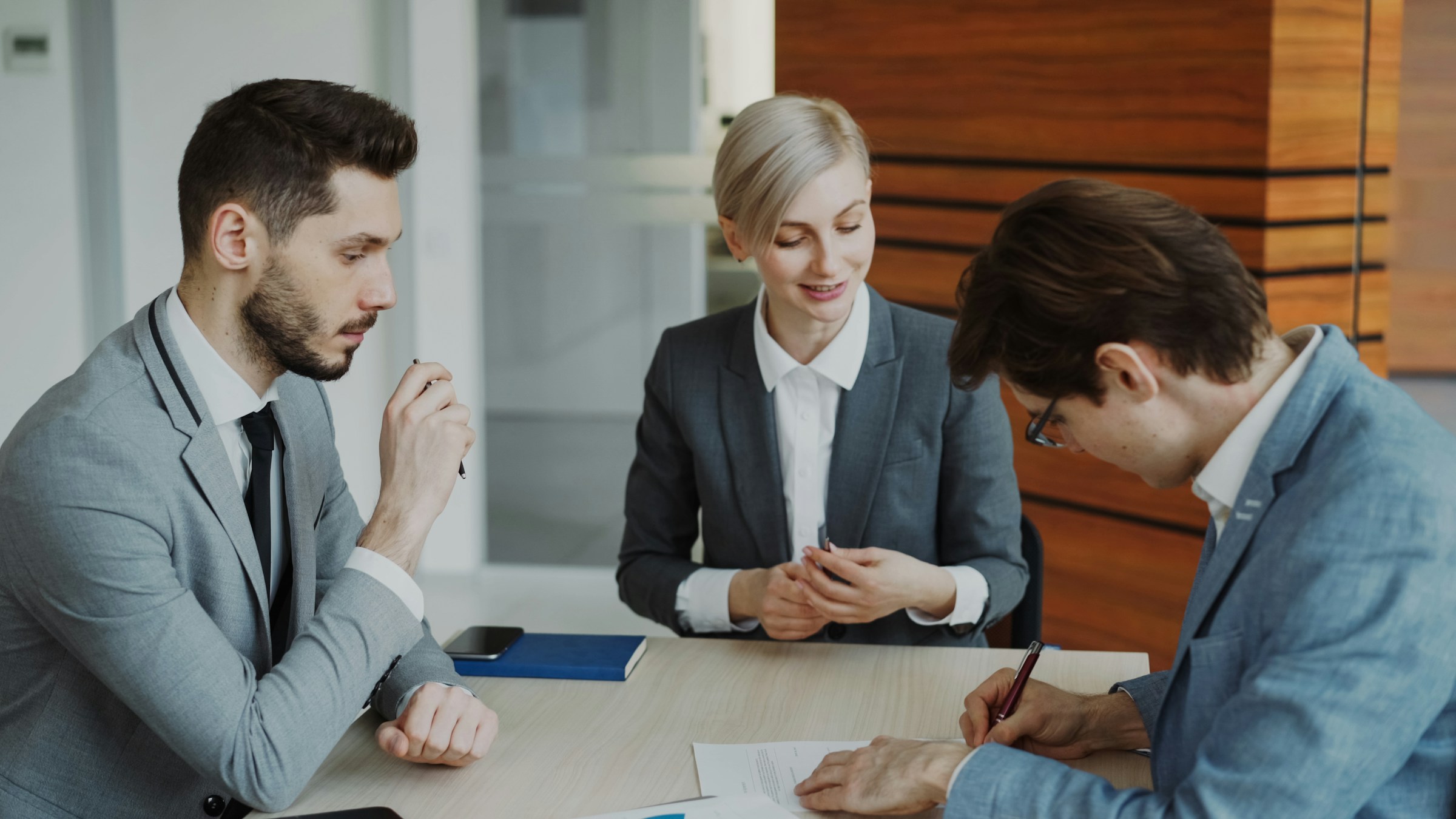Car accidents often create complex disputes about who caused the crash and how much each party contributed to the outcome. In Georgia, liability hearings provide a structured forum for presenting evidence and arguments about fault. Understanding what happens during these proceedings can reduce uncertainty and help plaintiffs prepare effectively.

When individuals talk with a car accident lawyer in Conyers, they learn how liability hearings function, what evidence will matter most, and how comparative negligence influences compensation. Attorneys explain each stage of the process, from filing motions to questioning witnesses. For accident victims, knowing what to expect removes much of the anxiety associated with court appearances.
The Purpose of Liability Hearings in Georgia Courts
Liability hearings focus on determining responsibility for an accident. While damages may be discussed later, the immediate goal is to establish whether the defendant acted negligently and how that negligence caused the collision. Judges or juries examine evidence, listen to testimony, and apply Georgia’s negligence standards.
These hearings provide an opportunity to clarify disputed facts. Insurance companies often contest fault, and liability hearings resolve those conflicts with an official ruling. This determination then shapes negotiations or trials that focus on compensation.
How Attorneys Prepare Evidence for Presentation
Preparation begins long before the hearing. Lawyers collect police reports, witness statements, photographs of the scene, and medical records. They often work with accident reconstruction specialists who can explain vehicle speeds, braking distances, and collision dynamics.
Evidence is then organized into exhibits that the court can easily review. Attorneys anticipate defense arguments, prepare cross-examinations, and identify inconsistencies in opposing accounts. Adequate preparation ensures that the judge or jury sees a straightforward, fact-based narrative of what happened.
Testimony from Witnesses and Experts
Witness testimony plays a central role in liability hearings. Eyewitnesses who saw the crash provide direct accounts of how vehicles moved, whether signals were used, and what conditions existed at the scene. Medical professionals may testify about how injuries align with the mechanics of the accident.
Experts in human factors, road design, or biomechanics sometimes testify to address more technical issues. Their analysis helps the court understand whether driver perception, reaction times, or roadway features contributed to the crash. Attorneys guide these witnesses to present complex information in terms that judges and jurors can understand.
Comparative Negligence and Fault Allocation
Georgia applies a modified comparative negligence system. Plaintiffs can recover damages only if their share of fault remains below 50 percent. Any award is reduced by the percentage of responsibility assigned. For example, if the plaintiff is deemed 25 percent at fault, a $100,000 award becomes $75,000.
During liability hearings, both sides present arguments about how fault should be allocated. Defense attorneys may claim the plaintiff sped, failed to signal, or ignored traffic conditions. Plaintiffs’ lawyers counter with evidence showing that the defendant’s conduct created the primary risk. The hearing often determines not just who was negligent, but the exact percentages of responsibility.
The Role of Judges and Juries in Decision-Making
A judge decides some liability hearings, while others involve a jury. In bench hearings, the judge reviews evidence, applies the law, and issues a ruling. In jury cases, citizens evaluate the facts and decide fault allocation.
Attorneys tailor their approach depending on the audience. When addressing judges, they focus heavily on legal precedent and statutory interpretation. When speaking to juries, they emphasize storytelling, credibility of witnesses, and visual evidence. In both settings, clarity and organization are essential.
The Impact of Rulings on Settlement Negotiations
The outcome of a liability hearing often influences how settlement discussions proceed. If the ruling strongly favors the plaintiff, insurance companies may push for a resolution rather than risk a trial. If the court assigns partial fault to the plaintiff, settlement offers may decrease.
Attorneys use these rulings strategically. They highlight favorable findings during negotiations and prepare appeals or motions if the result seems inconsistent with the evidence. Plaintiffs should understand that liability hearings are not always the final step but often set the stage for financial recovery.
How Plaintiffs Can Prepare for Hearings
Plaintiffs can take practical steps to support their case. Reviewing their own statements and avoiding inconsistencies during testimony is critical. Dressing appropriately, arriving early, and respecting courtroom procedures also make a positive impression.
Keeping a detailed record of injuries, missed work, and medical treatments provides valuable context when damages are later considered. Plaintiffs should communicate openly with their attorneys, ask questions about the process, and follow instructions about what to bring to court.

Why Legal Representation Matters in Liability Disputes
Handling a liability hearing without professional support places plaintiffs at a disadvantage. Insurance companies use experienced defense attorneys who understand courtroom procedure. A talk with a car accident lawyer in Conyers helps plaintiffs prepare for aggressive cross-examinations, complex legal arguments, and strict procedural rules.
Lawyers not only present evidence but also challenge improper tactics, file motions to exclude irrelevant information, and ensure the plaintiff’s rights remain protected. This guidance increases the likelihood of a favorable outcome and positions the case firmly for future settlement or trial.
Key Takeaways for Conyers Residents Facing Liability Hearings
Residents of Conyers who face liability hearings after a car accident should expect a structured process that focuses on fault. The hearing evaluates evidence, applies Georgia negligence law, and may assign percentages of responsibility. Preparation, expert testimony, and legal strategy all influence the outcome.
For plaintiffs, knowing the purpose of these hearings, how evidence is presented, and how comparative negligence applies creates confidence in the process. With informed preparation and strong legal guidance, they can approach liability hearings with a clear understanding of what lies ahead.
Article Last Updated: September 24, 2025.
